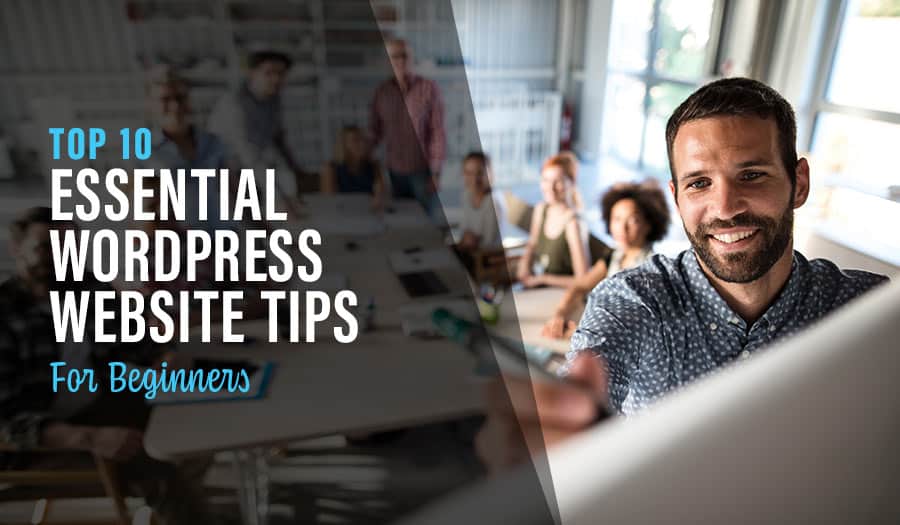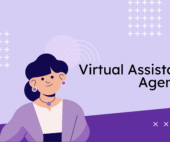WordPress is a powerful and flexible platform that can be a bit overwhelming for beginners. With a few essential tips, you can make your WordPress journey smoother and more enjoyable. Here are ten tips that every WordPress beginner should know:
1. Choose the Right Hosting Provider
Your choice of hosting provider can significantly impact your site’s performance and reliability. Look for hosting that offers:
- Good uptime
- Fast load times
- Excellent customer support
Providers like Bluehost, SiteGround, and WP Engine are popular choices among WordPress users with Hire VA.
2. Use a Responsive Theme
A responsive theme ensures your site looks great on all devices, from desktops to smartphones. This not only improves user experience but also helps with SEO. Many themes, both free and premium, are responsive. Look for ones that are updated regularly and have good reviews.
3. Install Essential Plugins
Plugins enhance the functionality of your WordPress site. Some must-have plugins for beginners include:
- Yoast SEO: Helps with search engine optimization.
- Akismet: Protects your site from spam.
- Jetpack: Offers security, performance, and site management tools.
- WP Super Cache: Improves site speed by caching.
4. Keep Your Site Secure
Security should be a top priority. To keep your WordPress site secure:
- Use strong passwords.
- Keep WordPress, themes, and plugins updated.
- Install a security plugin like Wordfence or Sucuri.
- Regularly back up your site using plugins like UpdraftPlus.
5. Optimize for SEO
SEO is crucial for driving organic traffic to your site. Here are some basic SEO tips:
- Use an SEO plugin like Yoast SEO or All in One SEO Pack.
- Write unique and compelling meta descriptions.
- Use headings (H1, H2, H3) to structure your content.
- Optimize images with descriptive filenames and alt text.
6. Customize Your Permalinks
Permalinks are the URLs for your posts and pages. For better SEO and readability, customize your permalinks:
- Go to Settings > Permalinks.
- Choose a structure that includes the post name, such as “Post name.”
7. Create a Backup Plan
Regular backups are essential to protect your data. Use plugins like or BackupBuddy to automate the process. Store backups in a remote location like Google Drive or Dropbox.
8. Learn Basic HTML and CSS
Understanding basic HTML and CSS can help you make small customizations to your site. There are many free resources online, such as W3Schools and Codecademy, where you can learn the basics.
9. Leverage Widgets and Menus
Widgets and menus help organize your site and improve navigation:
- Use widgets to add content and features to your sidebars and footers.
- Create custom menus for your site’s main navigation, footer, and any other menu locations.
10. Regularly Update Content
Fresh content keeps your audience engaged and helps with SEO. Develop a content calendar and stick to a regular posting schedule. Regularly update old posts with new information to keep them relevant.
Conclusion
Starting with WordPress can be daunting, but with these essential tips, you’ll be well on your way to creating a successful website. Remember to keep learning and experimenting to make the most of what WordPress has to offer. Happy blogging!




